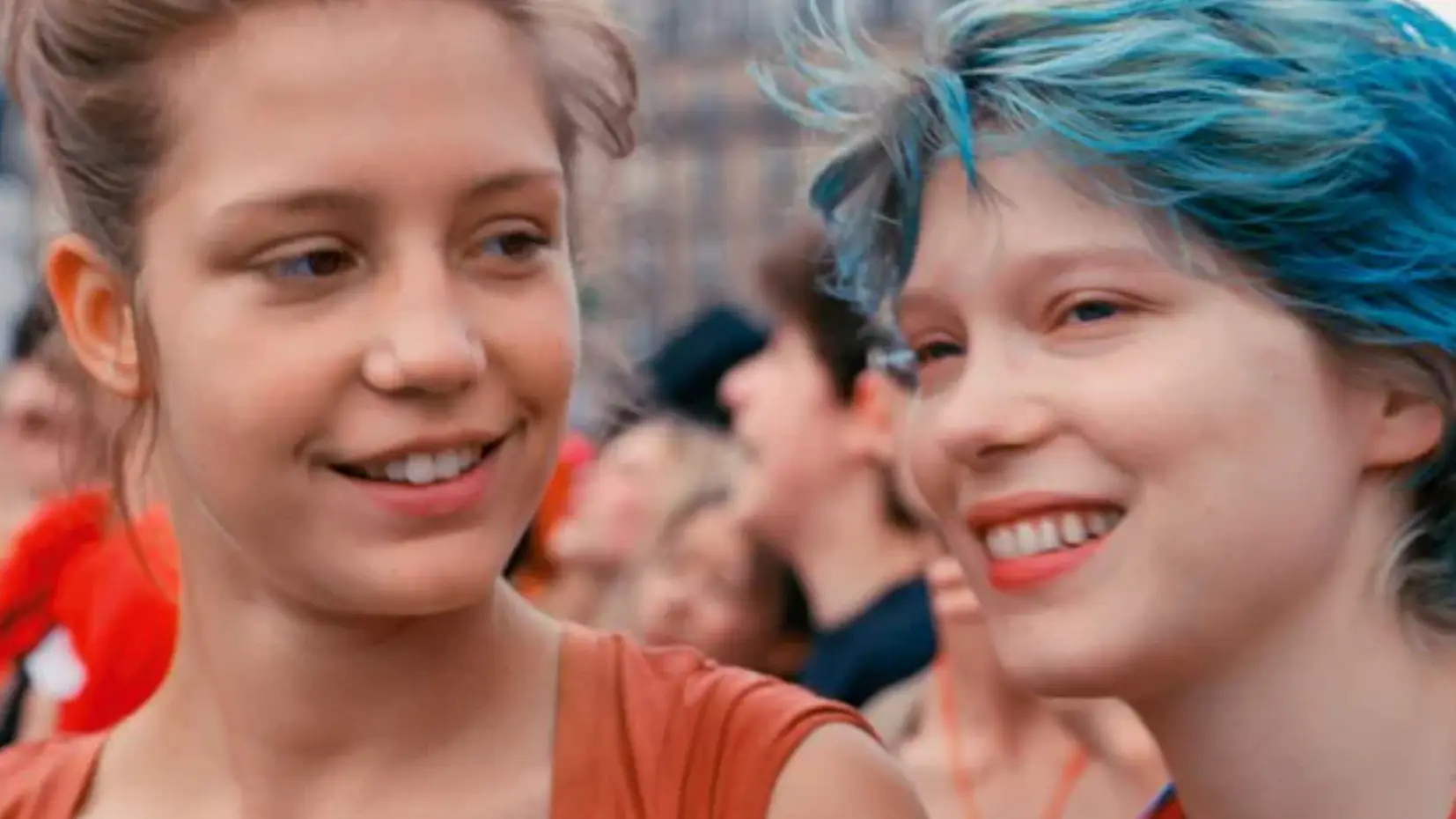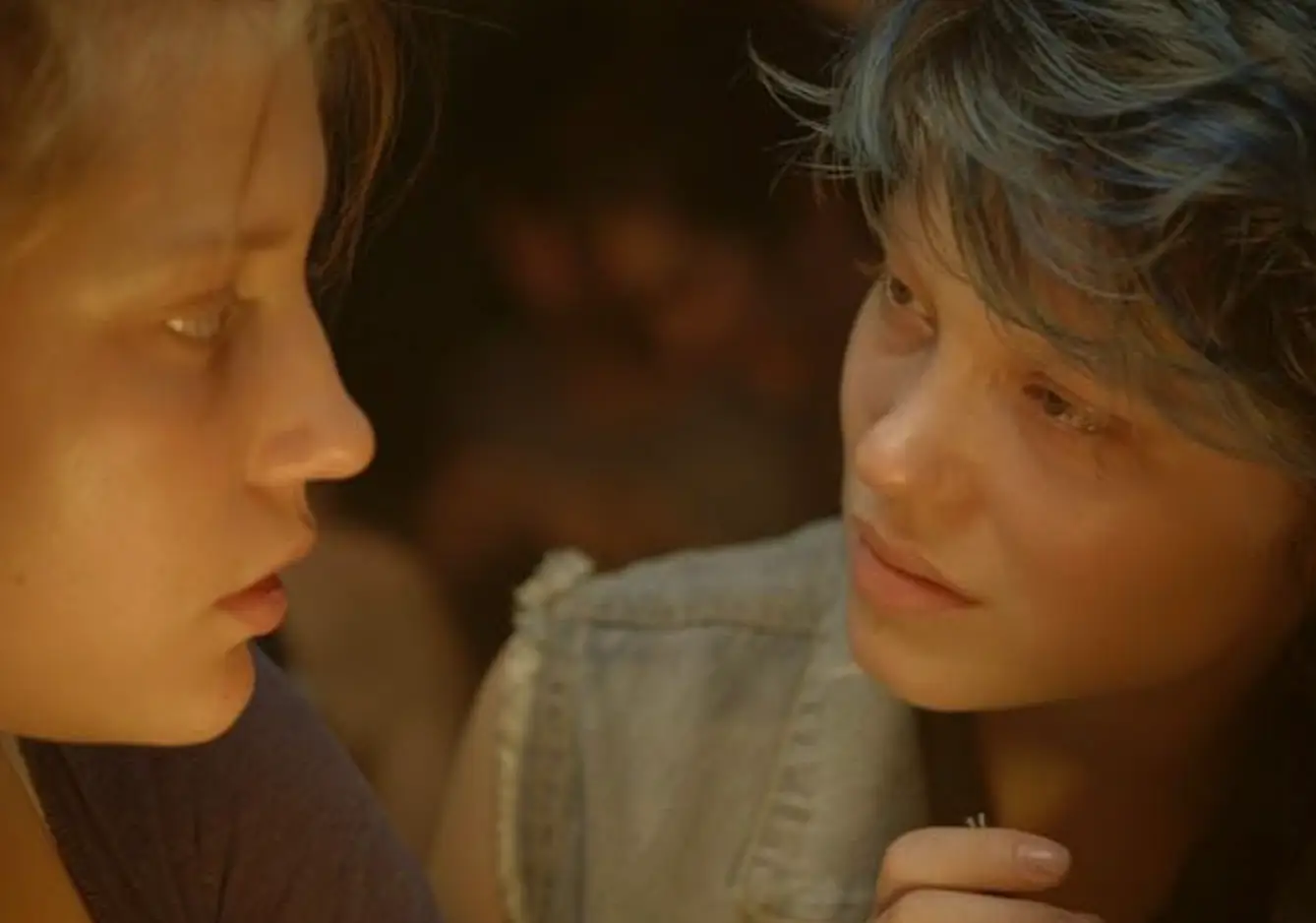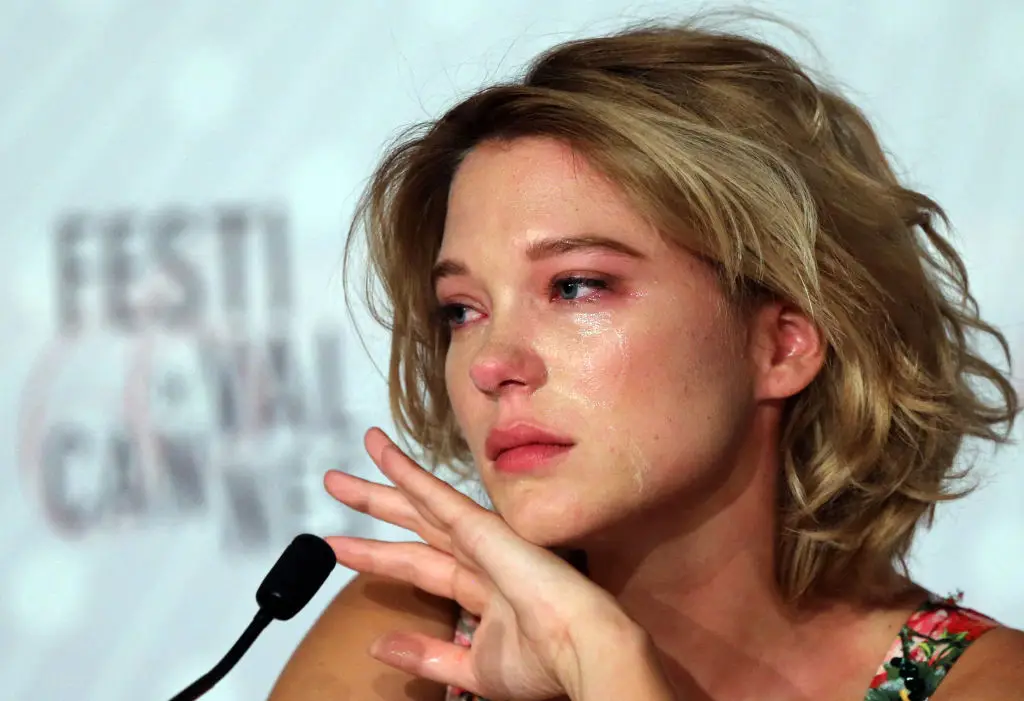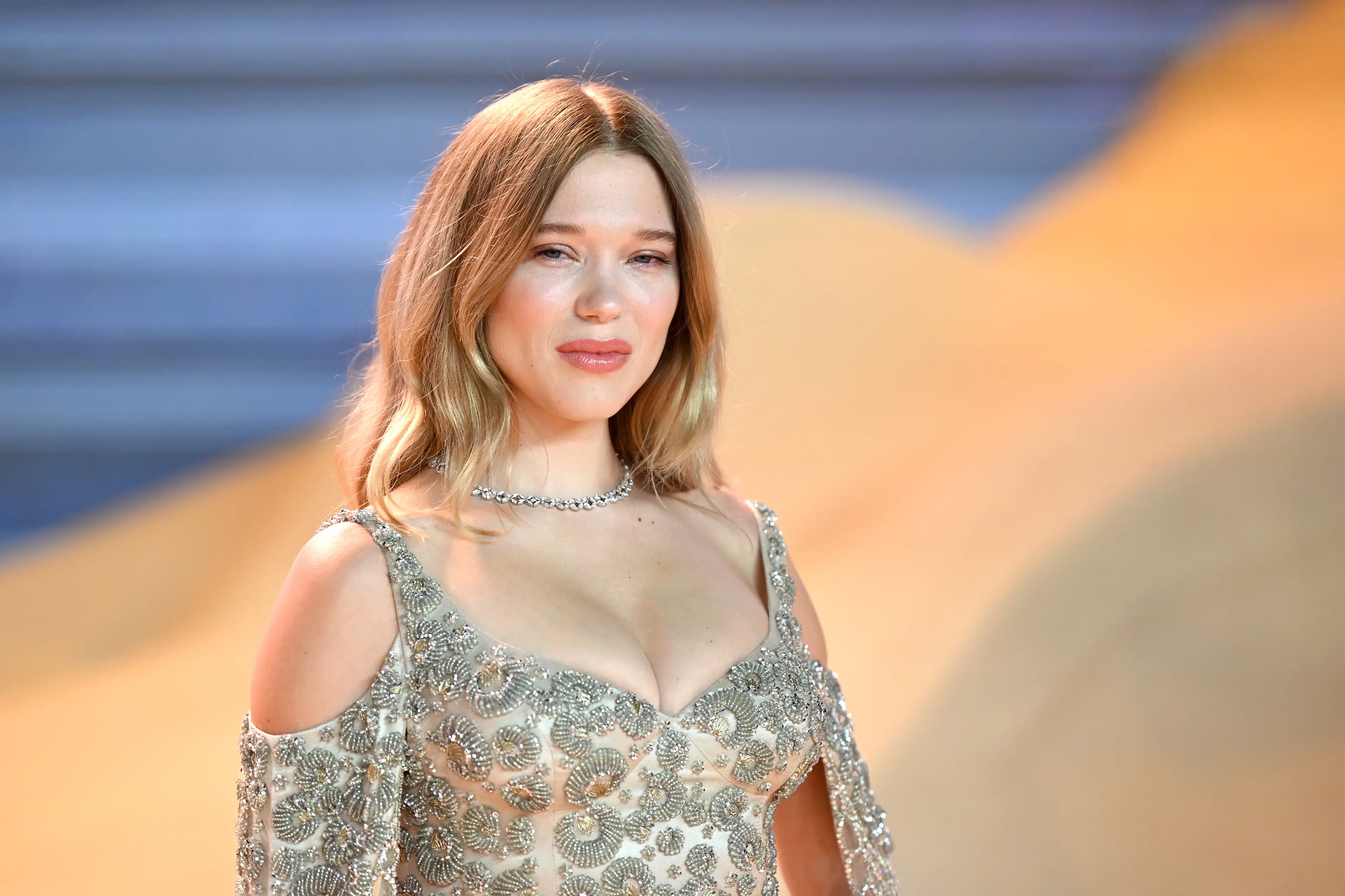
An actress who starred in a film showcasing ‘explosively graphic' lesbian sex scenes revealed why she cried at the Cannes Film Festival.
Lèa Seydoux might be more recognisable for her roles in Daniel Craig's James Bond films, Spectre and No Time to Die, and the sci-fi epic Dune and its sequel.
However, in 2013, she was one of the leads of Abdellatif Kechiche's romantic drama, Blue is the Warmest Colour, with the film gaining notoriety for its very graphic depictions of lesbian sex.
Based on the 2010 graphic novel of the same name by French author Jul Maroh, the film follows the story of Adèle (Adèle Exarchopoulos), who ends up in an intense relationship with Seydoux's Emma. Throughout their relationship, Adèle and Emma began their own journeys of self-discovery, which begins to reveal the cracks in their partnership.
Advert
Blue is the Warmest Colour received critical praise upon its release, even nabbing the Palme d’Or, though it also wasn't without its criticisms.

The film's sex scenes took on a life of their own, with one lasting six minutes and being shot over the course of 10 days, and was described by Variety as 'the most explosively graphic lesbian sex scenes in recent memory'.
Seydoux also spoke about the behind-the-scenes, telling Metro at the time: "We had pretend p***ies. So it was easier because it was like protection between us and made it more comfortable."
Maroh had her grievances with the intimate scenes, however, as she described it as 'porn' and catering to the male gaze, adding in a blog post that it was a 'brutal and surgical display, exuberant and cold, of so-called lesbian sex, which turned into porn'.
Seydoux, along with director Kechiche, appeared at Cannes Film Festival to promote the flick, where she was pictured crying when he was paying her a compliment about her work.
After the photo went viral, the Midnight in Paris star revealed why she'd been crying, as she told Esquire in 2013: "I remember, it was terrible because I felt so embarrassed."

Claiming it was 'because of the film', she added: "Because of what we've been through with Adèle, and what I've been through, and the fact that the film is now existing.
"So it was a very emotional moment. It was like... relief that the film was shown to the audience. And of course, because this film was difficult to shoot."
The Inglorious Basterds star further revealed that because of her experience, she no longer wants to do another film like Blue is The Warmest Color, nor will she work with Kechiche again.
"I would love to do another film that requires all my being. But with, like, no. Of course I wouldn't work with him again." she said. “The thing is, his personality. It's just that he's very... Eeuhhhhhh.”
She went on to liken him to a hoover, who ‘absorbs you’ because ‘he's so demanding’, adding: “It was not the process and the fact that he wanted to do many takes. That was not the problem. The problem was not the fact that he pushed me.

"When you're an actress, clearly you want to see your limits. The problem was more between the takes. The fact that you don't see your friends, that you have no life. That was difficult. But I'm very happy that the film has this success.”
In an interview with The Daily Beast, Seydoux described the filmmaking experience as 'horrible', while Exarchopoulos claimed that Kechiche wanted ‘blind trust’ from them.
Both actors also said they didn't think they'd work with him again. And Kechiche addressed the 'tarnished' reputation of the film, as he told French magazine, Telérama: "The Palme d’Or was a fleeting instant of happiness; since then, I’ve felt humiliated, dishonoured, rejected – as if I’m cursed."
He also responded to Seydoux's comments, saying it was 'worse than biting the hand that feeds you; [they show] a lack of respect for a profession I consider sacred'.
Topics: LGBTQ, TV And Film, Cannes Film Festival
